International
Fabiola Yáñez breaks the silence about the alleged mistreatment of former Argentine President Alberto Fernández
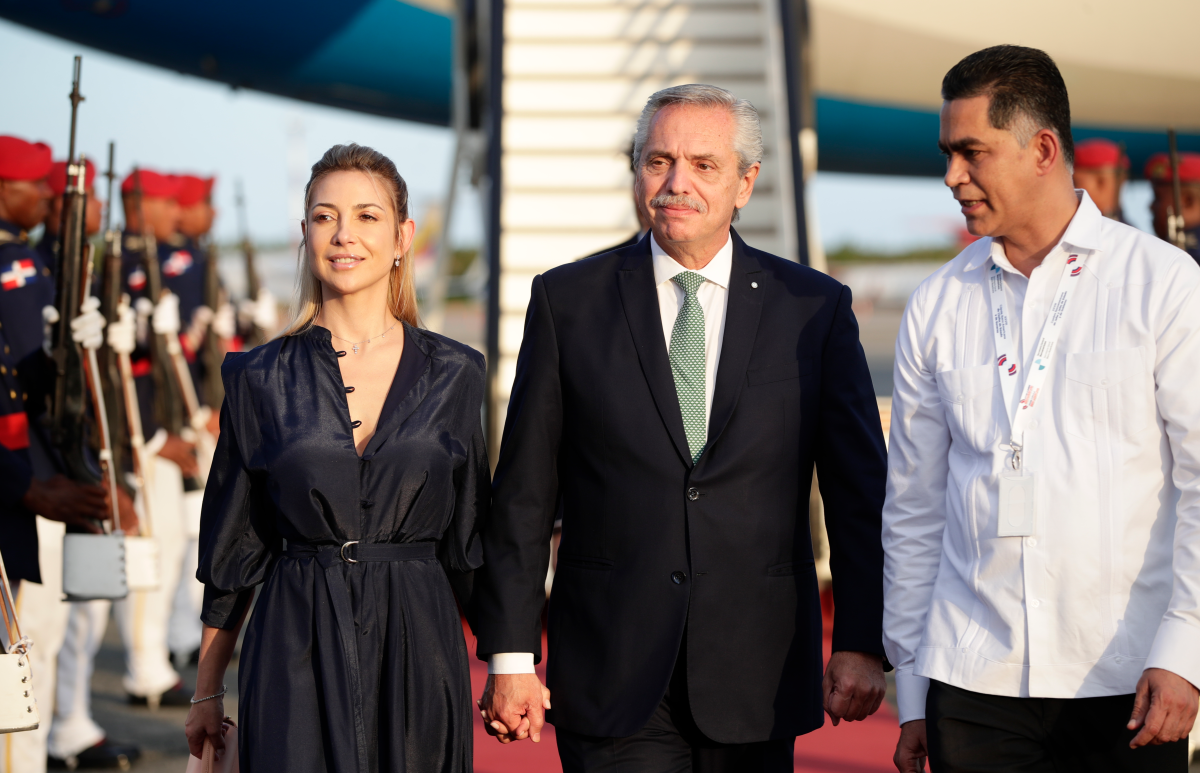
Former Argentine First Lady Fabiola Yáñez spoke for the first time about the alleged violence she underwent by former President Alberto Fernández, who, she said, constantly threatened her with suicide and whom she took care of “so many things that he has done,” as she confessed.
The 43-year-old actress and journalist made these statements in an exclusive interview in Madrid, where she lives with her 2-year-old son Francisco, granted to the Argentine portal Infobae, the first since the complaint she filed before the Justice of her country against the former president (2019-2023) for physical violence and harassment became known.
Yáñez affirmed that Fernández committed numerous infidelities during their relationship; she denounced having been mistreated “for five years”; and she acknowledged that her last months as first lady, until last December, she lived separately from the then president in the guest house of the Quinta de Olivos (presidential residence) and not in another home for avoiding “a scandal.”
Fernández’s ex-partner was consulted for the dissemination of the photographs in which she is seen with bruises on several parts of the body, which were leaked to the press this week from the judicial file.
“I destroyed myself, but I was destroyed by my son. I would never have wanted a photo like that to come out of me. What woman do you want to see in all the television programs and in the media of the world like this? I don’t understand how the chats were leaked and that the photo was saved for the last moment (…) I don’t think there is a woman in the world who wants to look like this. There are other causes of violence that are always private,” he said.
However, he acknowledged that all the material disseminated “comes out of someone else’s phone,” alluding to a secretary of Fernández, whose cell phone is being investigated for a case of alleged corruption that could also affect the former president.
Yáñez, who failed to give more details about the alleged physical abuse out of respect for the judicial case, reported having suffered “telephone harassment” and “psychological terrorism.”
“This person (Fernández) was there for two months – there are all the chats and many people know it – threatening me day by day that if I did this, if I did the other thing, that he was going to commit suicide. That’s not done, that’s a crime. How am I going to be whole for my son if I have a person telling me those things? Day by the other, for two months. But it was the last thing this person did,” he said.
The former first lady acknowledged that her love story with Fernández lasted 14 years, but that it was broken in recent times and asserted that he committed infidelities with several famous women, whom she did not identify.
“I have taken care of this man; I have taken care of so many things that he has done, of so many things, that those videos that appeared the other day are little next to the things that he has done,” Yáñez said in reference to the filming allegedly taken by the then president at the Casa Rosada of a well-known radio and television journalist, who seems to flit with him, although from this one only his alleged voice is heard in ‘off’.
Yáñez said he had not obtained help from the Ministry of Women, Gender and Diversity, created by Fernández in 2019, and stated that he had made the decision to denounce “for all women who feel that they can’t do anything and that they are victims of this type of violence, whether psychological and/or physical, whatever it may be.”
“I was never a feminist but violence against women is one of the most reprehensible things that can exist in this world,” she said.
After the complaint filed on August 6, federal judge Julián Ercolini prohibited Fernández from leaving Argentina and ordered him not to approach or contact Yáñez by any means.
That day, in a brief statement, the former president denied the accusations against him and said that he would present evidence of his falsehood to Justice.
International
Sheinbaum highlights anti-drug gains after U.S. says challenges remain
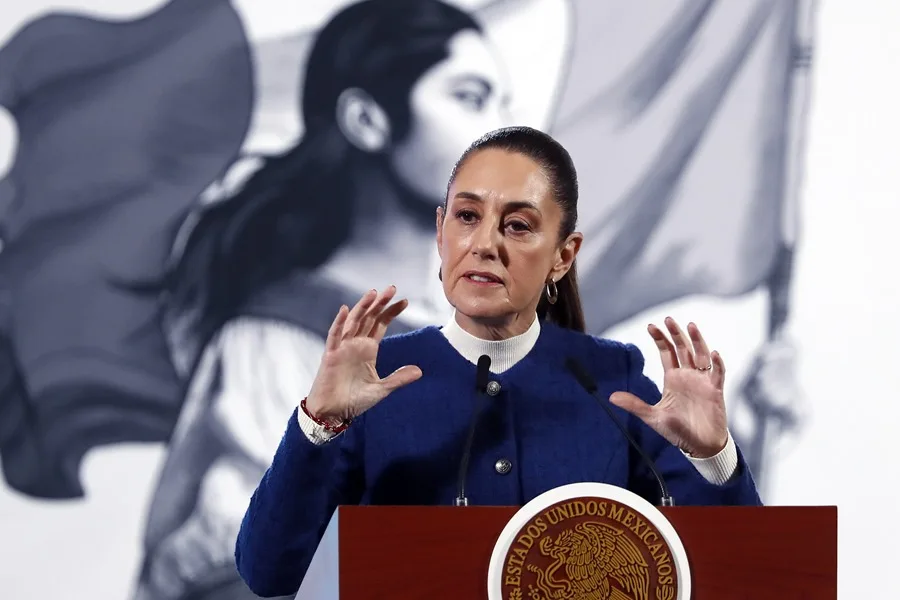
Mexican President Claudia Sheinbaum on Friday highlighted her government’s achievements in the fight against drug trafficking, after the United States said challenges remain in combating organized crime.
On Thursday, Mexican Foreign Minister Juan Ramón de la Fuente held talks with his U.S. counterpart, Secretary of State Marco Rubio. Following the meeting, the U.S. State Department said in a statement that “despite progress, challenges still exist” in addressing organized crime.
“There are very strong results from joint cooperation and from the work Mexico is doing: first, a 50% reduction in fentanyl seizures at the U.S. border,” Sheinbaum said during her regular morning press conference.
The president also said that authorities have seized nearly 320 tons of drugs and that there has been a “40% decrease in intentional homicides in Mexico” since the start of her administration on October 1, 2024.
Sheinbaum added that the United States should implement campaigns to reduce drug consumption within its territory and curb the flow of weapons into Mexico.
“There are many results and there will be more, but there must be mutual respect and shared responsibility, as well as respect for our sovereignties,” she said.
On Monday, Sheinbaum held a phone call with U.S. President Donald Trump to discuss security issues. She said she once again ruled out the presence of U.S. troops in Mexico to fight drug cartels.
Security has been a recurring issue used by Trump to threaten tariffs on Mexico and to pressure negotiations over the USMCA (T-MEC) free trade agreement, which are scheduled for 2026.
The agreement is crucial for Mexico’s economy, as about 80% of the country’s exports are destined for the United States.
International
Canada accuses Iran of killing its citizen during anti-government unrest
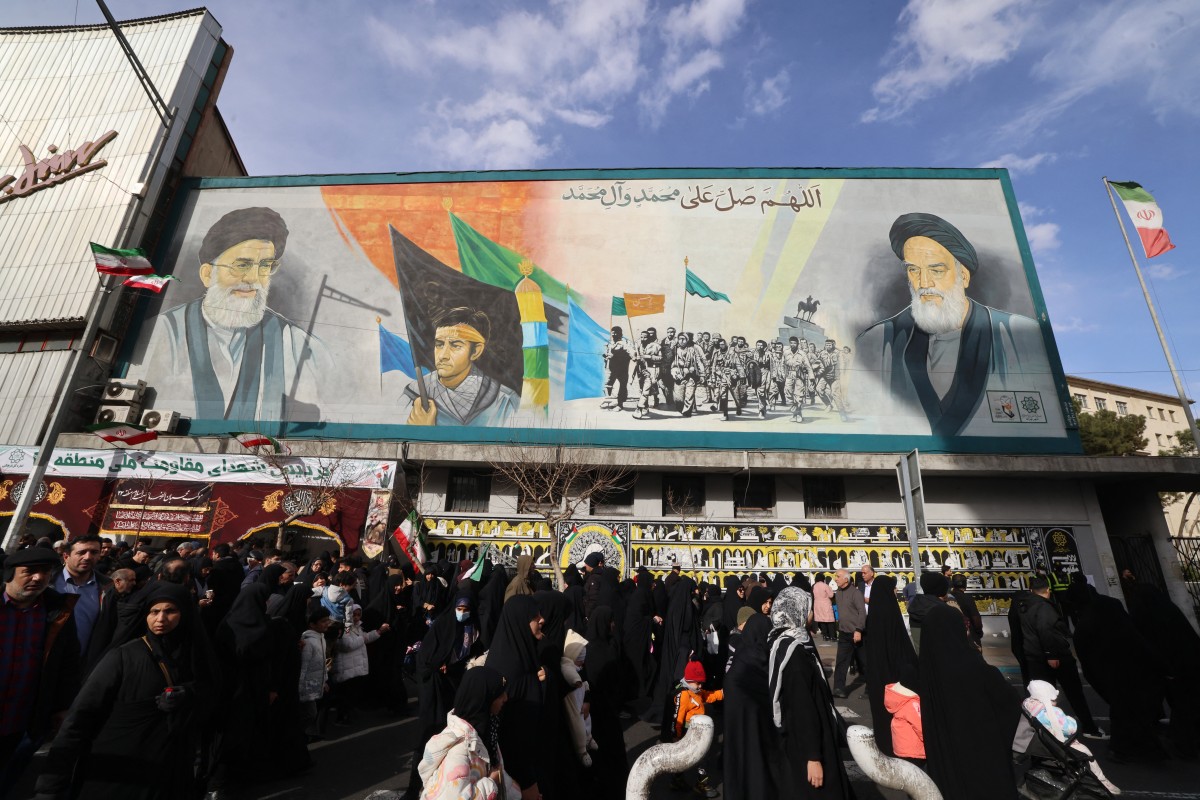
A Canadian citizen has died “at the hands of Iranian authorities,” the Canadian government said on Thursday, amid ongoing protests against the government in Tehran.
“I have just learned that a Canadian citizen has died in Iran at the hands of Iranian authorities,” Canada’s Minister of Foreign Affairs, Anita Anand, said, without providing further details. She added that Tehran’s response to what she described as “peaceful protests” has “led the regime to show a blatant disregard for human life.”
On Thursday, the United States imposed sanctions on Iranian security officials and individuals linked to the country’s banking networks, accusing them of orchestrating a violent crackdown on peaceful demonstrations and laundering billions of dollars in oil revenues. U.S. Treasury Secretary Scott Bessent announced the measures following what were described as the largest anti-government protests in the history of the Islamic Republic, although demonstrations have reportedly eased in recent days amid heavy repression and a near week-long internet shutdown.
“The United States stands firmly with the Iranian people in their pursuit of freedom and justice,” Bessent said in a statement, adding that the sanctions were imposed at the direction of President Donald Trump.
Those sanctioned include Ali Larijani, secretary of Iran’s Supreme National Security Council, whom Washington accused of coordinating the repression and the use of force against protesters.
International
Ukraine declares nationwide energy emergency amid russian attacks and extreme cold
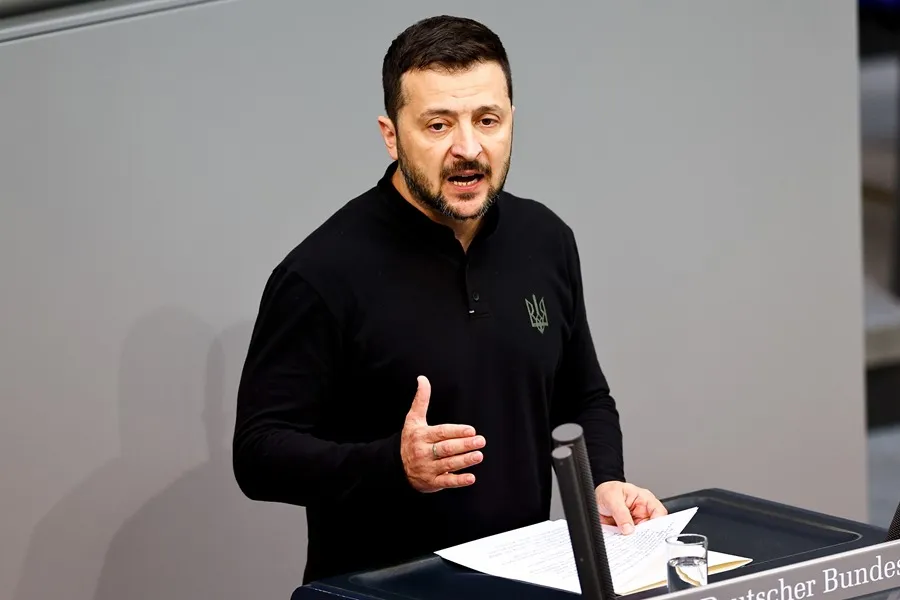
The Ukrainian government on Wednesday declared a nationwide energy state of emergency amid continued Russian military attacks and extreme winter weather, with nighttime temperatures dropping as low as minus 18 degrees Celsius.
“The consequences of Russian attacks and worsening weather conditions are severe (…) Overall, a state of emergency will be declared for Ukraine’s energy sector,” Ukrainian President Volodymyr Zelensky said in a statement posted on social media following a meeting with senior officials.
Zelensky announced the creation of a “permanent coordination headquarters” to manage the crisis in the capital, Kyiv, and tasked former defence minister and current energy chief Denys Shmyhal with overseeing support efforts for affected individuals and communities, including addressing power outages, heating shortages and other “practical issues.”
“There are many problems that require urgent solutions,” the president said, noting that repair crews, energy companies, municipal services and the State Emergency Service are working “around the clock” to restore electricity supplies. Kyiv has been particularly affected after Russian strikes last Friday disabled key parts of the power grid, as daytime temperatures hover around minus 12 degrees Celsius and plunge to minus 18 at night.
Zelensky added that public authorities will “maximize efforts with partners to obtain the necessary equipment and additional support,” while the government will ensure “maximum deregulation of all processes” to speed up the connection of backup power equipment to the grid. He also confirmed that work is underway to significantly increase electricity imports into Ukraine.
The Ukrainian leader further instructed his Cabinet to review curfew regulations in light of the extreme cold, arguing that citizens must have the greatest possible access to assistance centers, while businesses should be given flexibility to plan their operations according to the state of the energy system.
-

 International4 days ago
International4 days agoDeadly van accident near Brazil border leaves 11 dead in Bolivia
-

 International4 days ago
International4 days agoU.S. to host Danish and Greenlandic Foreign Ministers at the White House
-

 Central America4 days ago
Central America4 days agoU.S. and El Salvador maintain close partnership, embassy says
-
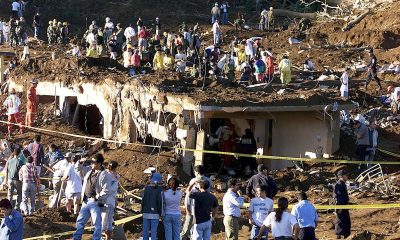
 Central America4 days ago
Central America4 days agoTaiwan’s $10 million donation after 2001 earthquakes allegedly diverted in El Salvador
-
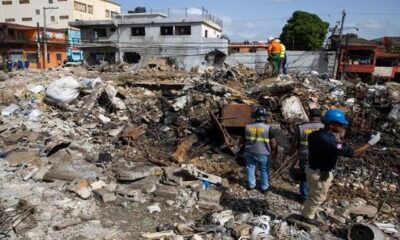
 International4 days ago
International4 days agoDominican court postpones hearing in deadly nightclub collapse case
-

 International4 days ago
International4 days agoPolice hunt gunmen after fatal shooting in Corsica
-
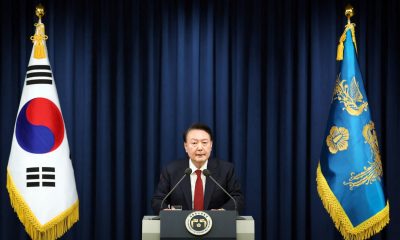
 International4 days ago
International4 days agoEx-President accused of bid to establish dictatorship as verdict nears in South Korea
-

 International4 days ago
International4 days agoVenezuelan opposition leader dedicates Nobel Prize to Trump
-
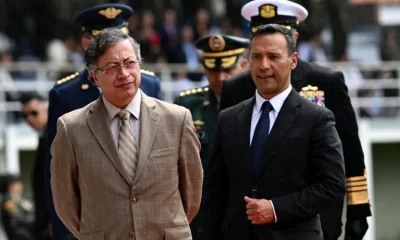
 International3 days ago
International3 days agoColombian Defense Chief Meets U.S. Officials to Advance Bilateral Narcotics Strategy
-

 International2 days ago
International2 days agoIran closes airspace amid U.S. threats and deadly nationwide protests
-

 International2 days ago
International2 days agoUkraine declares nationwide energy emergency amid russian attacks and extreme cold
-
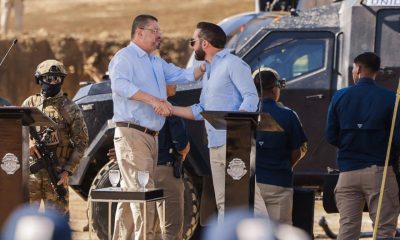
 Central America2 days ago
Central America2 days agoBukele warns crime can become a ‘parallel government’ during visit to Costa Rica
-

 International2 days ago
International2 days agoX moves to block Grok from creating sexualized images of real people amid legal scrutiny
-
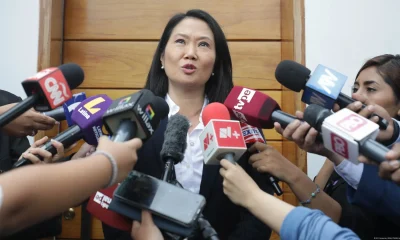
 International3 days ago
International3 days agoPeruvian Court Orders Definitive Dismissal of Money Laundering Case Against Keiko Fujimori
-

 International2 days ago
International2 days agoFrance joins Denmark’s ‘Operation Arctic Resistance’ in Greenland amid U.S. tensions
-
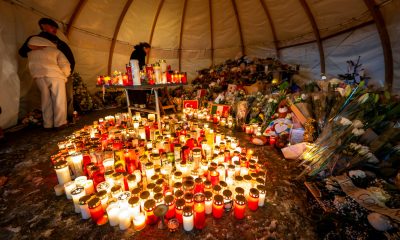
 International2 days ago
International2 days agoSwiss Canton of Valais Grants Emergency Aid to Victims of Crans-Montana Bar Tragedy
-

 International2 days ago
International2 days agoU.S.–Denmark tensions escalate as Trump pushes NATO to back U.S. claim on Greenland
-
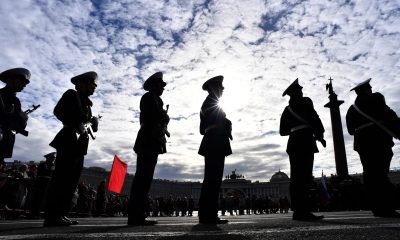
 International2 days ago
International2 days agoUK Intelligence estimates russian casualties in Ukraine at over 1.2 million
-

 International2 days ago
International2 days agoHillary Clinton skips Epstein inquiry as house panel threatens contempt charges
-

 International2 days ago
International2 days agoU.S. to suspend visa processing for applicants from 75 countries
-
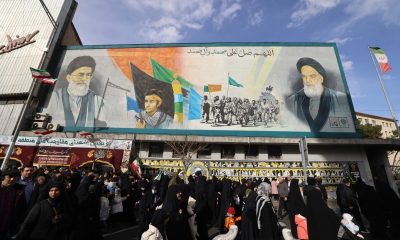
 International12 hours ago
International12 hours agoCanada accuses Iran of killing its citizen during anti-government unrest
-

 International12 hours ago
International12 hours agoSheinbaum highlights anti-drug gains after U.S. says challenges remain


























